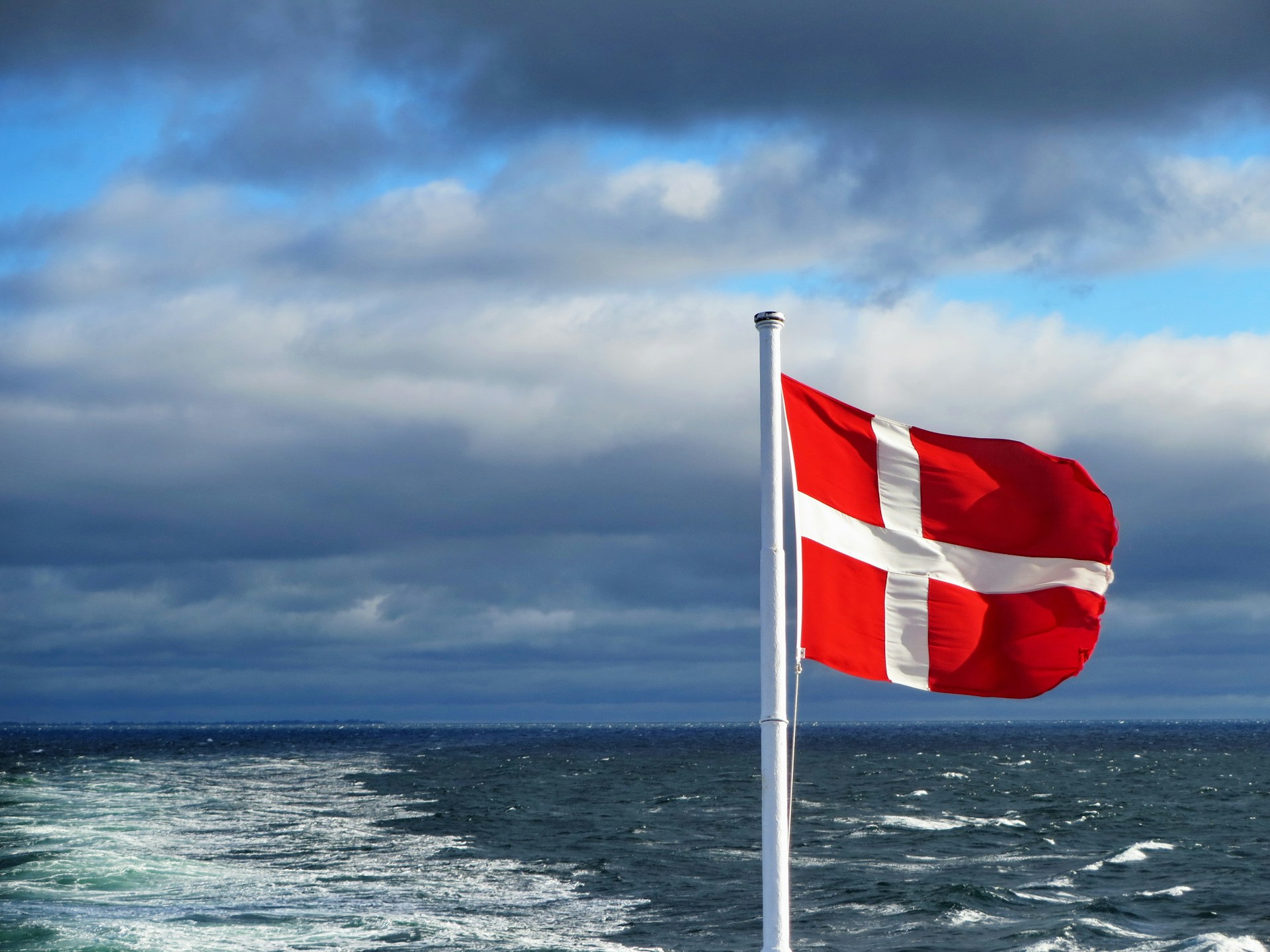Denmark Tightens Inspections on Shadow Fleet Oil Tankers

The Danish government has announced a significant escalation in environmental and safety inspections targeting oil tankers, particularly older or high-risk vessels, navigating through Danish waters or anchoring at Skagen Red, a key maritime gateway between the Baltic Sea and the North Sea.
Environment Minister Magnus Heunicke emphasized that aging ships pose serious risks to Denmark’s marine ecosystems, calling for heightened scrutiny. The new inspection regime will now include checks on waste management, ballast water systems, fuel quality, emission controls, and certificate verification to ensure compliance with international environmental standards.
Industry Minister Morten Bødskov took a harder stance, declaring: “We must put an end to Putin’s war machine. This also applies to the Russian shadow fleet.” He described many of the vessels as “old and worn-out,” underlining their potential danger both environmentally and geopolitically.
Following reports of drone incursions into Danish airspace, believed to be linked to so-called shadow tankers, Denmark has shifted its policy toward ships loitering offshore. Authorities will now board and inspect any vessel “that cannot be considered on a peaceful voyage,” including those anchored beyond traditional inspection zones near Skagen.
Data gathered during these inspections may be shared with international allies to help identify and sanction vessels tied to the shadow fleet, the government confirmed.
The announcement comes just days after French commandos seized the Boracay, an 18-year-old, Russian-linked tanker off Brest, suspected of involvement in drone activity over Copenhagen airport.
Ukrainian President Volodymyr Zelensky has long accused Moscow of using shadow tankers to “launch and control drones over European cities,” a warning now being taken seriously across Europe.
Concerns are also rising about the crews of these ships. A Danish pilot recently told Foreign Policy magazine: “We’re seeing uniformed personnel carrying the camouflage uniform of the Russian Navy,” noting that these individuals do not appear on official crew manifests.
At a recent summit in Copenhagen, Polish Prime Minister Donald Tusk said: “We need to put a stop to these illusions. No, this is war. A new type of war, very complicated, but this is war.” He confirmed that Poland has already shot down drones near critical infrastructure and warned such incidents occur “almost every day.”
French President Emmanuel Macron echoed the urgency, stating: “A very significant share of Russia’s war financing comes from these shadow fleet tankers. Cutting them off is not an option, it is a necessity.” He estimated that between 30% and 40% of Russia’s war funding is tied to operations involving these covert maritime assets.